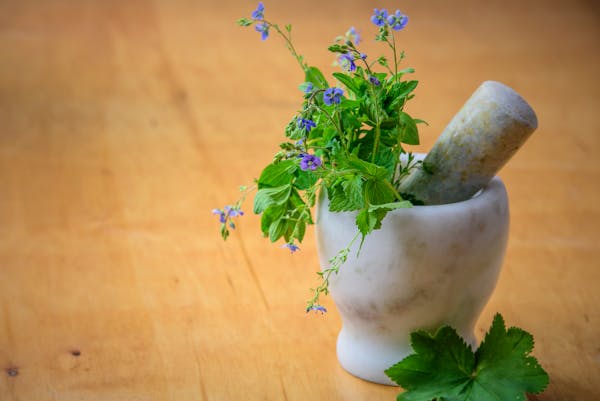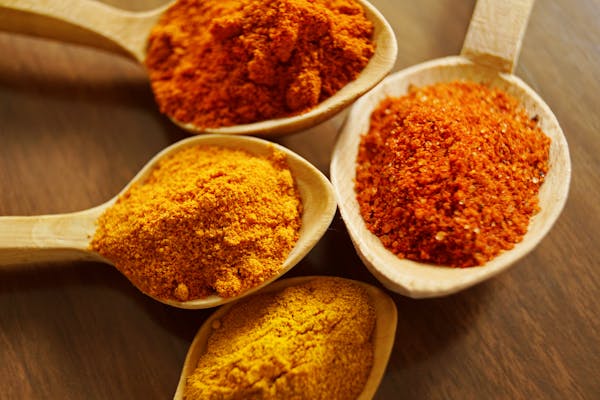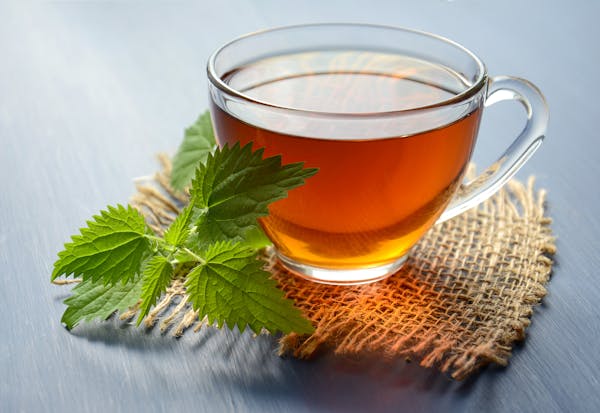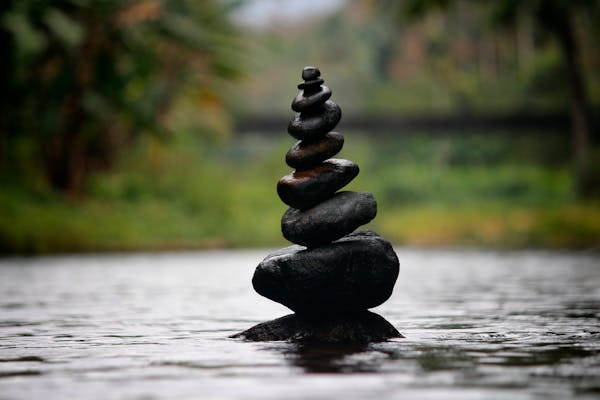Sahadeva - Part 5 (c), 18-days Kurukshetra war and aftermath
Sahadeva - Part 5 (c), 18-days Kurukshetra war and aftermath
Did you know that Sahadeva, the youngest of the Pandavas of epic Mahabharta, at the request of his mother Kunti saved Karna who was mortally sick after gifting his life saving Kavacha and Kundala to an old brahmin impersonating for demi-god Indra?
Sahadeva, the yongest of the Pancha Pandavas of the epic Mahabharata, stood regally attired in a war dress at the Kuruksherta battle field flanking his older brothers Yudhisthra and Nakula. He was riding in his chariot which flew his flag with Swan as an insignia as he surveyed the humangous army of Pandava and Kaurva soldieis ridng horses and elephants; Pandvas had amassed an army of seven akshauhinis with Dhrishtadyumna as the supreme commander, against 11 akshauhinis of the Kauaravas, initially headed by Bhishma. Before the start of the war, Sahadeva had desired King Virata to be the general of the Pandava army, but Yudhishthira and Arjuna opted for Dhristadyumna. His conch was called Manipushpaka. As he was ready to blow his conch to start the Kurukshetra war, he was reminded of an incident of few days earlier to the war in which he had saved Karna, one of the chief antagonist in the Kaurava camp in the war.
Just a few days before the Kurukshetra war started, a tragic event that took place on the bank of the river was of Karna donating his Kavacha (breast plate armour) and Kundala (ear-rings), which were glued to his chest since birth, as a protection of immortality, made him an invincible warrior. An old Brahmin appeared before Karna on the river bank of Saraswathi river and had asked Karna to give his Kavach and Kundala as a gift; the old Brahmin was none other than demi-god Indra, in disguise. This act was done intentionally to weaken the strength of Karna in the ensuing war against Arjuna. But as a compensation, Indra gave him a weapon, a missile, called 'Vassavi Shakthi' that could only be used once and would kill any mortal or immortal. Because of forcible peeling of the Kavacha from his chest with a knife, his chest started bleeding and he collapsed into an unconscious state. Kunti who was watching this numbing incident, rushed to help Karna, and Karna’s foster parents, Adhiratha and Radha, also reached there. Karna's mother Radha insisted that Kunti should call her sons who were proficient in Ayurvedic herbal treatment to save Karna. Kunti then sent messengers to fetch Nakula and Sahadeva. They came and saw Karna in an utter distressful state but were hesitant to help Karna as he was in their enemy camp and had resolved to kill their brother Arjuna. They even wondered why Kunti should be helping him at all as if he was her own son. On Kunti’s pleadings, Sahadeva relented and prepared an herbal paste and applied it to Karna's wound and also gave an oral decoction to drink which Kunti forced on her unconscious son. With this treatment Karna soon regained consciousness and was taken to his house in Hastinapur. Karna’s mother Radha prostrated to Sahadeva and thanked him for helping Karna. Then, Dhritrashtra coming to know of this incident through the vision of his advisor Sanjay, called Sahadeva to his palace and thanked him, and also enquired him about his Divya drishti.
Sahadeva, on every day of the 18 day war after blowing his conch Manipushpaka fought valiantly displaying his prowess in sword and other forms of fighting. In particular, on the 13th day, his advance into the Chakravyuha craeted by Drona to trap Abhimanyu, son of Arjuna Sahadeva was stopped and repelled by Jayadratha, when Abhimanyu, Arjun'a son was killed brutally by many Kaurava warriors.
Sahadeva, during the course of the war, defeated 40 brothers of Duryodhana while fighting them simultaneously. he also killed Dushasana’s son and avenged the death of Abhimanyu, Arjuna’s son.
On the 14th day of war, Sahadeva rides aginst Karna and fights. But Karna is a warrior of another order. This encounter does not last long. Karna kills Sahadeva's horses and snaps his bow and the chariot. Seizing up a sword, Sahadeva leaps from his useless chariot. But as he runs at Karna, but that grand marksman smashes the blade in the Pandava's hand. Sahadeva yields his mace, only to have it struck into dust. Thinking his death has arrived, Madri’s son wrenches his chariot -wheel free and runs at his sneering enemy. Karna strikes the spokes from the wheel with five amazing arrows.' he breaks its rim with a sixth. Sahadeva stands panting and helpless not ten feet from Karna determined to die unbowed. The youngest Pandava stands with his handsome head thrown back, his eyes raking his conqueror. Karna laughs, and slowly brings his chariot close to the trembling prince. He prods his young antagonist with the tip of his bow. Grinning , Karna tells Sahadeva: “You must not fight betters, boy. Look there, at your brother Arjuna. Now, he is a kshatriya; go hide behind him,, little one, or else go home." Sahadeva was defeated by Karna but his life was spared as Karna had saved his life on an earlier occassion and and he alos had made a promise to his mother Kunti that he would only kill Arjuna. On the same day Sahadeva's son Shrutasena was defeated by Karna's son Vrishasena.
On the crucial 18th day of the war, the last day of the war, while the war was in full swing, and Sahadeva was fighting Kripa, he saw Shakuni attacking the Pandava army. His fury revived, Sahadeva called out to Shakuni and challenged him to a fight. Shakuni was just then in grief as his son Uluka had been killed by Nakula. Shakuni in great fury attacked Sahadeva with three arrows and also threw a scimitar at him. Then Shakuni was pursued relentlessly. Sahadeva had even parried with Shakuni, and mocked him saying: "with your tongue for a bow and words as arrows? or may be you will throw your dice at me! your dharma is simple : Kill the spiders, save the butterflies." Shakuni then adopted to other tricks to gain upper hand- sorcery and demonic magic. Then Sahadeva sent a desparte appeal to Krishna for help as he loosing the war againnst Shakuni . Krishna who was also in the battle field in another area telepathcally foiled Shakuni’s magical strikes. Then mysteriously Draupadi in her ferocious look with loose tresses and clad in blood-red cloth made an illusory presence before Shakuni in his chariot which chilled him to the bone. Shakuni found to his utter dismay that his dice had turned to ashes. He was numbed with terror. Thus Draupadi had marked him for death. Taking advantage of this situation, Sahadeva severed Shakuni's head with a broad headed arrow made of hard iron which was capable of penetratintg every armour. Sahadeva was pleased as he had fullfilled his vow taken at the dice game in Hastinapur court to kill Shakuni in particular. There was great rejoicing in the Pandava camp as Shakuni was the chief villain of the Mahabharata. On the same day he killed his maternal uncle Shalya's son.
There was tragedy for Sahadeva on the night of the 18th day when his son Shrutasena was killed along with the other Upapandavas (sons of Draupadi), by Ashwatthama. With this incident the 18-days war ended with immesne loss of life on both sides.
At the end of the war, Sahadeva recalls that the epic war of confrontation involved 466 confrontations of which 266 were in Pandava's favour and 92 in favour of Kauravas.
Yudhishthira was crowned king of Hastinapur, who appointed Nakula as king of Northern Madra and Sahadeva as the King of southern Madra. While Draupadi remained in Hastinapur as the empress, Sahadeva and his wife Vijaya lived with their son Suhotra in Madra. It is also said Sahadeva had two other wives - Bhanumathi and Jarasandha's daughter and their childrens' name is not known.
The Pandavas reign at Hastinapur lasted for 36 years. Emperor Yudhishthira then renounced the throne and passed the mantle to Arjuna's grandson Parikshit. Draupadi and four Pandavas—Bhima, Arjuna, Nakula and Sahadeva who grew weak died during the journey to the Himalayas while seeking heaven. Sahadeva was the second one to fall after Draupadi. When Bhima asked Yudhishthira why Sahadeva fell, Yudhishthira replied that Sahadeva took much pride in his wisdom. Yudhishthira, the lone survivor and being of pious heart, was invited by Dharma (Yama) to enter the heavens as a mortal.
Narasipur Char























No comments:
Post a Comment